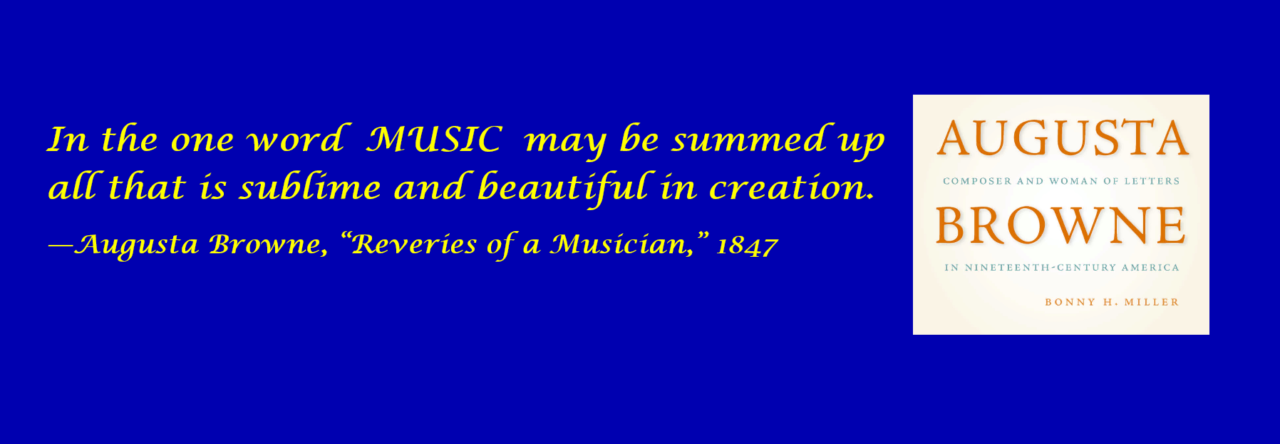Thank you to the South Carolina Music Teachers Association (SCMTA) for hosting my Zoom presentation, “Schumann’s Hand and Musicians’ Wellness,” on February 18, 2023.
The SCMTA series of statewide Zoom speakers grew out of the COVID shutdown when local chapters could not meet in person. Each chapter identified a presentation by one of their members to be broadcast via Zoom. The shared presentation series has continued as a beneficial opportunity to learn from and interact with colleagues from around the state without leaving home. I was honored to represent the Columbia Music Teachers Association. My session was recorded and is available to members on a private YouTube channel.




